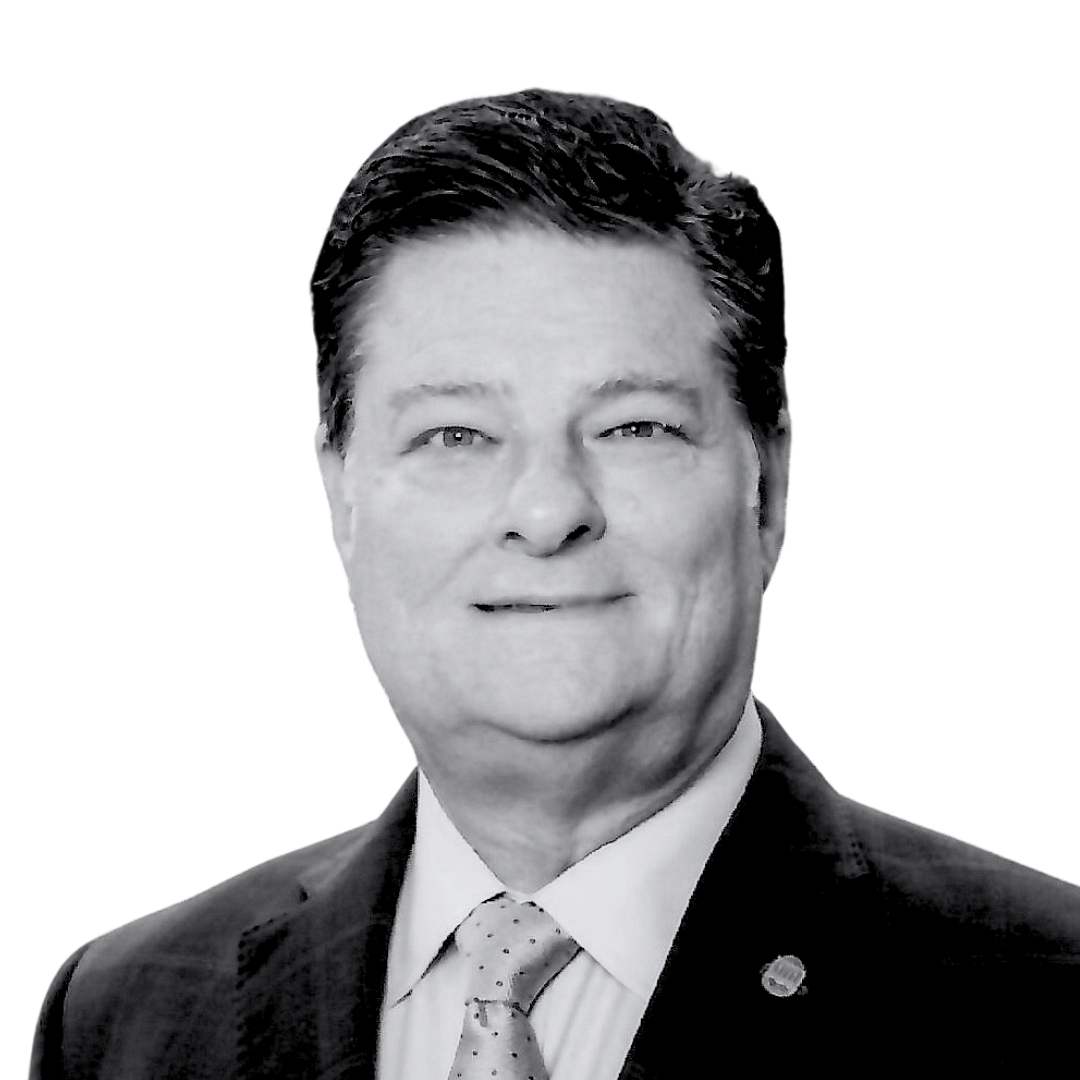SC Statehouse: The Reality Show
Most weeks in the Statehouse probably wouldn’t be mistaken for an episode of a Bravo reality show. Then came last week’s pandemonium, where backroom debate over whether to borrow $500 million almost brought back code duello—and that was just within the House Republican Caucus. Last week will be hard to beat for pure political theater, but this week wasn’t bad either.
Beginning last fall, those who do government for a living in Columbia began to beat the drum for a roads bill, also known as a gas tax bill. So both the Senate and House set to work crafting legislation.
Then in January came the announcement from Governor Haley that any gas tax bill that did not include income tax reduction and a restructuring of the Department of Transportation (DOT) board to give the executive branch more authority would earn her veto. (Currently DOT is a part of the Governor’s Cabinet, but the Director essentially reports both to the Governor and the DOT Board, which is elected by the legislature.)
SENATE
This week we had confirmed what we had long suspected—-a majority of the Senate is moving in a very different direction from the Governor. First, a bill to restructure DOT hit a roadblock this week in the Transportation Committee, though both Democrats and Republicans say they are committed to keep the conversation going. The next day, the Senate Finance Committee advanced a bill championed a bill by Sen. Ray Cleary (R-Georgetown) that would raise the fuel tax 12 cents over three years to 28 cents per gallon on July 1, 2017. The Cleary bill includes a number of other revenue enhancements like increased user fees, indexing the tax to inflation, while attempting to keep our tax lower that Georgia and North Carolina. Efforts to cut state personal income taxes? Not on the Senate’s radar.
- Total roads funds raised per year: $800 million.
- Total income tax cut when fully implemented over 10 years: $0 per year.
HOUSE
With a two-week Easter break looming, on Thursday afternoon the House Ways & Means Committee scrambled to send two bills to the floor that together would approach the Governor’s prescription. The first, a fuel tax-DOT reform bill crafted by Rep. Gary Simrill, (R-York) would raise the tax 10 cents per gallon and raise the sales tax cap on car purchases from $300 to $500. The bill would also allow the Governor to appoint the members of the DOT board and approve the Commission’s choice of Secretary. (Again, most of the DOT members are currently elected by the legislative delegation of each congressional district.) A second house bill adjusts income tax brackets, saving an average taxpayer $48 a year.
- Total roads funds raised per year: $427 million.
- Total income tax cut when fully implemented over 10 years: about $51 million per year.
GOVERNOR
The Governor’s actual plan, introduced in the House by Rep. Tommy Stringer, would raise the gas tax by 10 cents over 3 years. It would also cut the state’s top tax rate from 7 percent to 5 percent. Under the Haley plan, the entire DOT Commission would be replaced by a gubernatorially-appointed Secretary of Transportation who would answer to the Governor exclusively.
- Total roads funds raised per year: about $350 million.
- Total income tax cut when fully implemented over 10 years: $1.8 billion per year.
Bottom line: Our roads and bridges are crumbling, our state income tax rate is harming our ability to compete regionally and nationally, and the state Department of Transportation has too many masters, too few funds and too many roads. Chances of escaping this morass in the short term appear dim.






